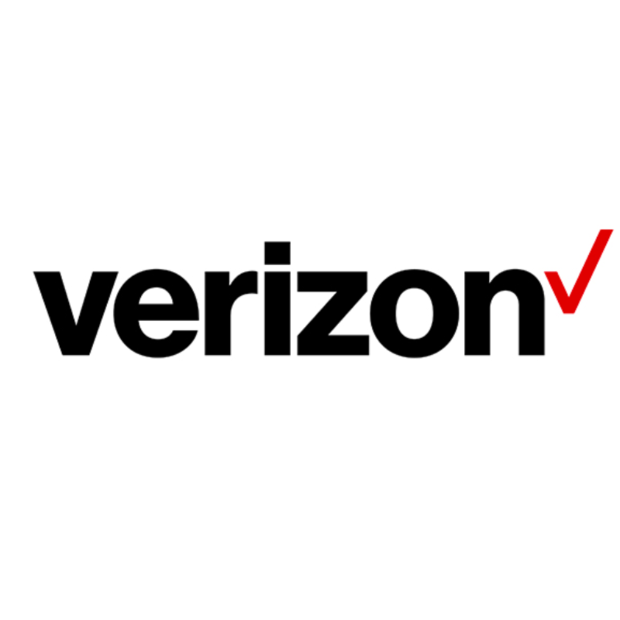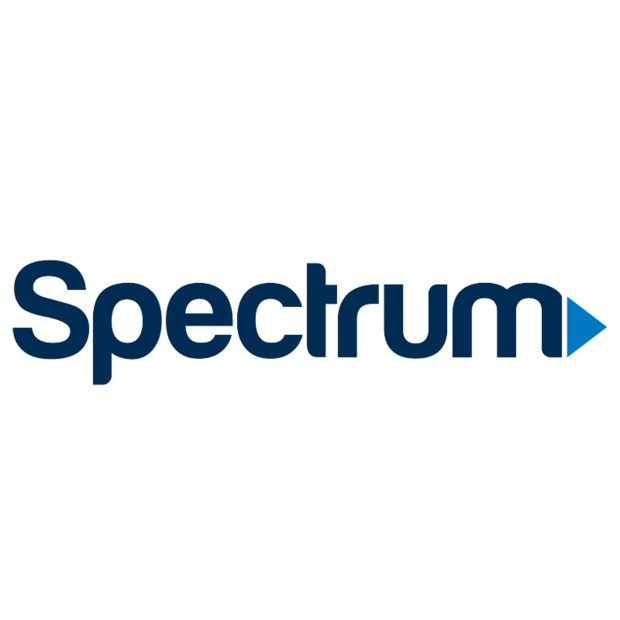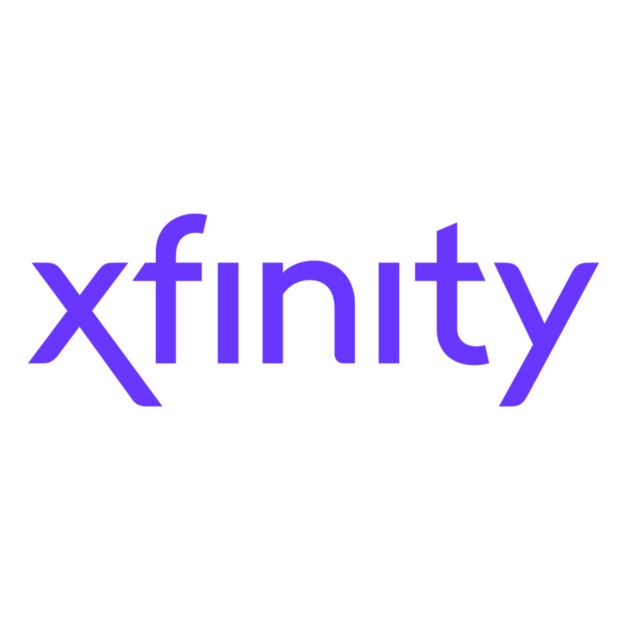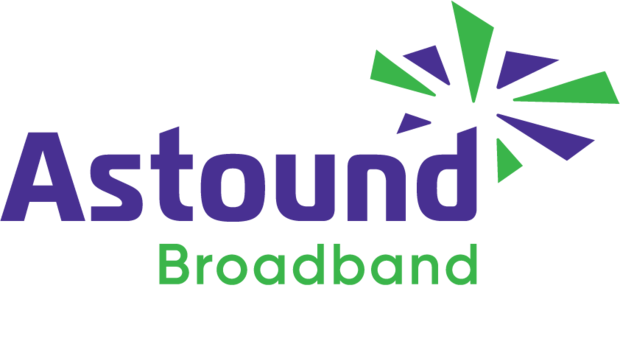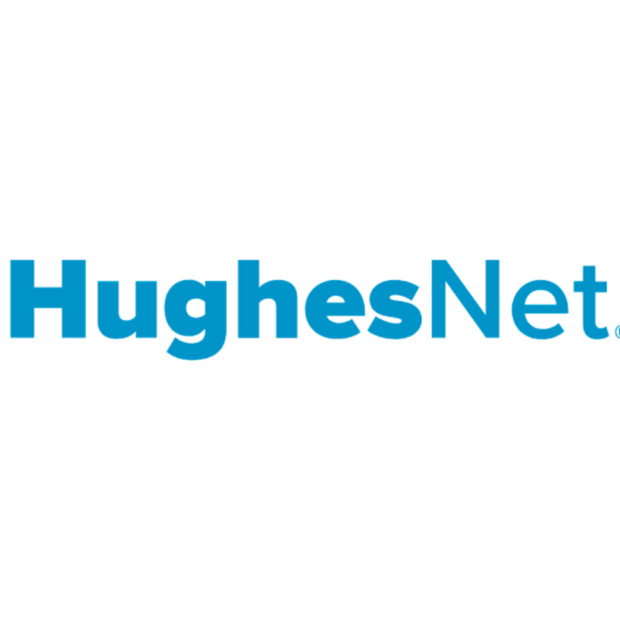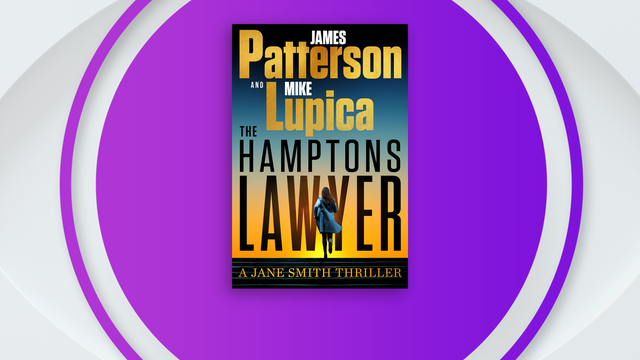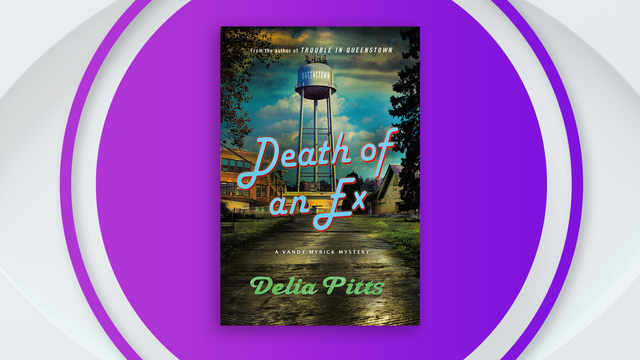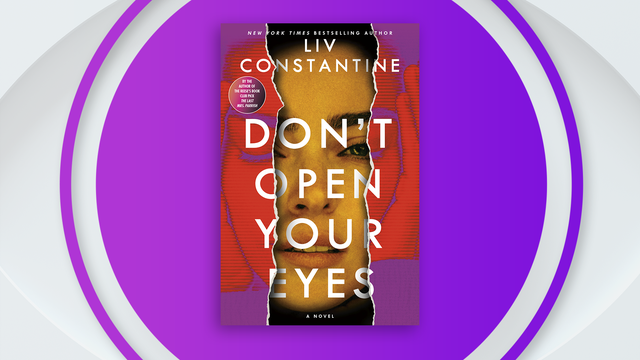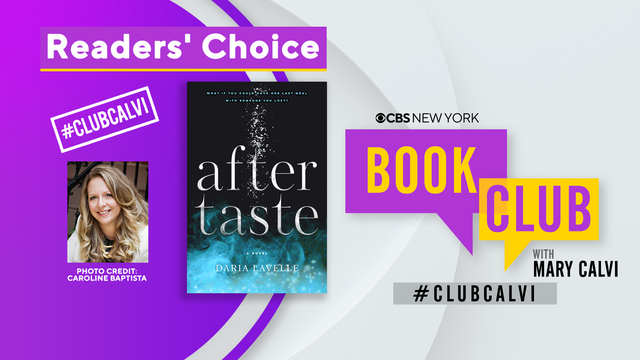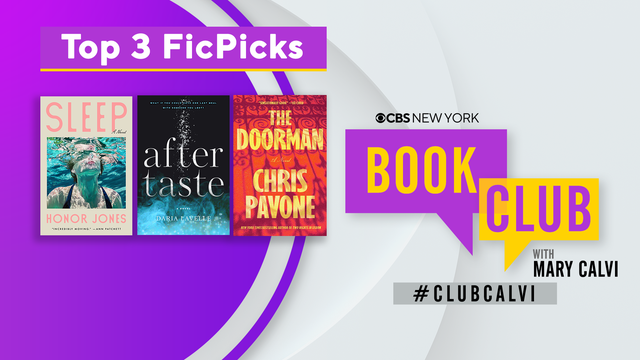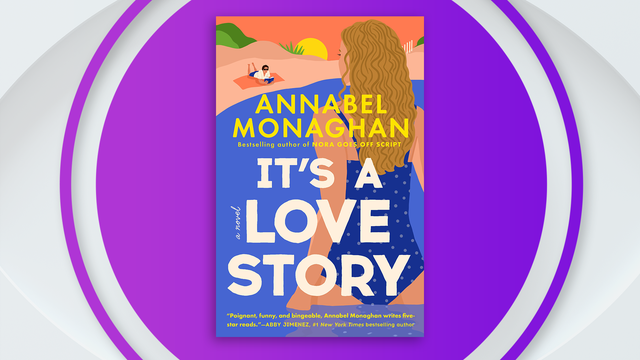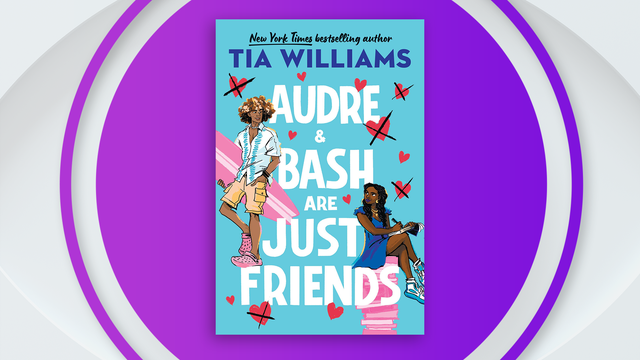Moving to the Big Apple? Here are the best high-speed Internet services in New York, period
If New Yorkers like to move fast, they like their internet to be blindingly fast. From binge-watching the latest series to last-minute meetings and gaming showdowns, they want to get online quickly, and get things done when they want it. So when it comes to the city that never sleeps, which internet service truly stands tall?
It may be a tough question, but don't worry. We've figured it all out for you.
We've zeroed in on the top contenders in the internet game for anyone who lives in the NYC area. We considered the speed, consistency, security, and real customer feedback on all the services New Yorkers can choose from, then came out with the best of the best. Remember, while the Big Apple offers a variety of options, availability might vary. Maybe Spectrum doesn't cater to your block, or Xfinity hasn't reached your borough, while giants like Verizon cast a wider net.
- Related: How we choose our products
We understand. The last thing you want is to decode internet jargon and fine print while dealing with the hustle and bustle of the city. Thankfully, you won't have to. Whether you're in Manhattan or Queens, there's a provider out there that'll match your pace and preference.
Here are the top internet services that are lighting up New York in 2023.
Verizon Fios
Connection Type: Fiber, DSL, Mobile | Download Speeds: 300 Mbps to 1 Gbps | Monthly Cost: $35 and up | Bundles: Internet, TV, and Phone
If you're living among the hustle and bustle of the concrete jungle and need an internet provider that can keep up, Verizon Fios is an excellent choice. Whether you're telecommuting from your Upper East Side apartment or binge-watching shows during those cold Manhattan nights, Verizon's Fios internet is your best bet. With its state-of-the-art fiber-optic network, you're assured speedy and consistent connectivity, from the heart of Midtown to the edges of Staten Island.
One standout feature? Verizon's Speed Match. Whether you're uploading your large videos and photos or downloading a presentation for work, the speeds remain equally zippy. That's one huge perk that you won't get with every single service out there.
Budget-conscious residents can dive in with starting prices at just $49.99 for 300 Mbps. If you're seeking more power, there's the 500 Mbps tier at $69.99. And for those needing the crème de la crème in connectivity, the Gigabit plan offers up to 940 Mbps download and 880 Mbps upload speeds at $89.99 per month. The best part? No binding contracts or sneaky data caps. Plus, for fellow New Yorkers feeling the pinch, they've got low-income connectivity options.
One heads up: While Fios is phenomenal, it might not reach every brownstone or high-rise. In those cases, Verizon hasn't left you hanging. It's got dependable DSL, and for those always on the move around the city, the LTE and 5G services will make sure you stay connected.
Why we like Verizon:
- It offers super fast speeds that most customers can fit into their budget.
- Verizon's Speed Match perk makes both upload and download speeds equitable.
- You don't have to worry about data caps, contracts, or limits when using Verizon's internet service.
Spectrum
Connection Type: Cable, Mobile | Download Speeds: 300 Mbps to 1 Gbps | Monthly Cost: $50 and up | Bundles: Internet, TV, and Phone
Spectrum has been a go-to for many New Yorkers wanting a solid internet connection without breaking the bank. Need to bundle it up with TV and home phone? You can do that. Oh, and if you're looking to combine it with a cell phone plan, it uses Verizon's network, making it a cost-efficient package.
You get the speed, affordability, and reliability Spectrum is known for, with plans starting at just 50 bucks. Thinking of jumping ship from another provider? Spectrum can take care of that as well, covering up to $500 in cancellation fees. You can expect download speeds from 300 Mbps up to a blazing 1 Gbps. But, let's be clear: while downloads are solid, uploads are a bit more modest.
Here's the good news: You won't have to worry about data caps. And forget about those modem rental fees, which you won't have to pay. (You can also opt to use your own if you prefer.) Need a modem upgrade? Spectrum can provide one for you if you need it to handle your new internet connection.
Now, if you're the type looking for symmetry in upload and download speeds, you might want to peek at fiber-optic options. Spectrum shines when it comes to downloading, but for uploads, there's room for improvement. But for most city-dwellers, it does the job just fine -- and it should be a great option for anyone in the area.
Why we like Spectrum:
- There are affordable plans with bundles including TV, internet, and phone.
- No data caps for customers means more freedom.
- You can get cell plans from Spectrum to add to your other services.
Xfinity
Connection Type: Cable, Fiber | Download Speeds: 50 Mbps to 2 Gbps | Monthly Cost: $45 and up | Bundles: Internet, TV, and Phone
From the East Coast to the West, Xfinity by Comcast stands out as one of America's largest internet players. Covering a vast 39 states, this powerhouse doesn't just do internet, but also rolls out cable and phone services in NYC.
Their cable service speeds range anywhere from 50 Mbps, for those quick email checks, to a whopping 1.2 Gbps, perfect for streaming and gaming. You can usually get these rates for a whole two years, no strings attached, so if you're planning on moving to the city, you'll be able to get and keep low prices for a while.
But that's not all. In select areas, Xfinity is stepping its game up with fiber connections, boasting up to 2 Gbps and balanced upload speeds. But here's the snag: there's a data cap. A 1.2 TB cap might sound plenty, but for large households or hardcore gamers, it might run out sooner than you'd think. They do throw in a courtesy month, but after that, extra charges apply.
Bundle-lovers, Xfinity might just be your match. Roll in TV, internet, phone, and even security into one neat package, and save more. As for deals, they will vary, but typically you can lock in for about 18-24 months before any price hikes. So, if data limits don't deter you, Xfinity pretty much nails it on all other fronts.
Why we like Xfinity:
- There are a wide variety of options to get the right speeds at a price that works for you.
- You can save big by bundling if you need multiple services.
- You can get a guaranteed price with certain contracts.
Astound Broadband
Connection Type: Cable | Download Speeds: 100 Mbps to 1,200 Mbps | Monthly Cost: $25 and up | Bundles: Internet, TV, and Phone
In the heart of New York City, if affordable internet is your goal, Astound hits the mark with some of the most competitive starting rates among the big ISPs.
Astound's coverage is robust, spanning from the Upper East Side and Bloomingdale down to the bustling Financial District. However, if you're up north, you might find their presence a bit spotty. If you're in the northern parts of Brooklyn or Queens, there's a chance you might be within Astound's reach so it could be an option for you.
Astound offers one of the city's standout deals, though, which is worth grabbing if you can. You can get a whopping 600Mbps at a mere $45 a month, sweetened with a month on the house and zero installation charges. They also have options like the gig service at a competitive $60 per month, again with a complimentary month and no setup fees. It's also a plus that there are no data caps, binding contracts, or monthly gear charges with Astound.
But here's a heads up: While the initial pricing is a steal, be ready for potential hikes after the inaugural year. However, with Astound, you're not chained to long commitments. So, if the numbers start climbing, you're free to explore other avenues.
Why we like Astound Broadband:
- It offers some of the bigger deals compared to some of NYC's other services.
- You can get great speeds for low prices, like 600Mbps at just $45 a month.
- There are no data caps, contracts, or gear charges.
Starry
Connection Type: Fixed Wireless | Download Speeds: 50 Mbps to 1,000 Mbps | Monthly Cost: $30 and up | Bundles: Internet, TV, and Phone
Starry uses an innovative approach to deliver internet, wirelessly sending signals to specific receivers, typically mounted on building rooftops. This method is not only efficient but also reduces the traditionally high costs associated with laying fiber cables. Consequently, Starry provides customers with a high-speed internet service that's both affordable and hassle-free.
In terms of availability, Starry extends its services throughout New York City. However, it's essential for prospective users to reside in a building equipped to receive Starry's service. When delving into plans and pricing, some parts of NYC can access Starry's $30 per month offering, which provides symmetrical speeds up to 50Mbps. Most New Yorkers, though, are likely within the range of Starry's standard package, which offers 200Mbps for downloads and 100Mbps for uploads at $50 monthly. Depending on one's exact location in the city, there might also be options to upgrade to faster 500Mbps or gigabit services. Additionally, the budget-friendly Starry Connect plan is available in certain areas.
One of Starry's defining attributes is its straightforward service details. All their plans come with unlimited data, devoid of contract obligations, and without any equipment fees. For a more detailed insight into their offerings, it's worth exploring a dedicated review on Starry Internet.
Why we like Starry:
- It's an affordable option compared to so many other providers in NYC.
- Symmetrical speeds mean both upload and download speeds impress.
- All plans come with unlimited data and no contract obligations.
Frontier
Connection Type: DSL, Fiber | Download Speeds: 500 to 5,000 Mbps | Monthly Cost: $50 and up | Bundles: Internet, TV (satellite), and Phone
Frontier has a considerable footprint, operating in 25 states, including certain parts of New York. Their offerings are diverse, providing fiber-optic internet services and the ability to bundle with home phone and Dish satellite service, making them a great choice for New Yorkers looking for more than just internet.
Frontier's 1 Gig plan is a testament to this, with both download and upload capabilities of up to 1,000 Mbps. For those New Yorkers with higher bandwidth needs, Frontier extends 2 Gig and 5 Gig plans, with speeds spanning from 500 Mbps to a robust 5,000 Mbps.
One of Frontier's best features is its no data cap policy. This feature is a boon for households where multiple users are telecommuting, gaming online, or indulging in streaming marathons.
However, it's worth noting that not all parts of New York will benefit equally from Frontier. In areas where the option is limited to DSL, the service might not be the top pick due to DSL's relative slowness compared to fiber or cable. But for those in parts of NYC or its outskirts where options are limited, Frontier's DSL can be a valuable upgrade from more dated options like dial-up.
Frontier offers competitive pricing, with the starting rate at $50 for its introductory plan. While it's not without its challenges, it remains an attractive option for many New Yorkers. As is the case with many ISPs, the service quality and speed you'll enjoy from Frontier often hinge on your specific location in the city.
Why we like Frontier:
- It's available in a wide variety of locations in NYC.
- There are no data caps and no limitations to worry about in addition to zero equipment fees.
- There are additional services available to bundle with internet options.
HughesNet
Connection Type: Satellite | Download Speeds: 15 to 50 Mbps | Monthly Cost: $50 and up | Bundles: Internet and Phone
HughesNet offers satellite-based internet service, catering to users nationwide. This makes it especially suitable for regions that lack access to cable, DSL, or fiber-optic services. Because of this niche offering, it's often the go-to solution for those residing in more secluded or remote parts of NYC.
However, satellite internet typically offers slower speeds than its wired counterparts. It may not cater to the needs of avid gamers, heavy-duty streamers, or professionals relying heavily on the internet, but it's still a good solution for everyday folks browsing online.
HughesNet provides consistent download speeds at 15 Mbps and upload speeds of 3 Mbps across all its packages. Their basic 15 GB plan is good for users who have relatively light internet demands, such as browsing or checking emails. On the other hand, those who need faster speeds will probably gravitate towards the 200 GB option.
Although HughesNet doesn't implement strict data caps, exceeding your package's data allocation will throttle your internet speed. For users needing more data, the options are either purchasing additional data tokens or opting for a plan upgrade. Therefore, while HughesNet is an asset for those in regions with scarce internet connectivity options, including parts of New York, it may not be the top pick for users with more intensive data needs.
Why we like HughesNet:
- There are reliable internet speeds even in more sparse coverage areas.
- It offers matching download and upload speeds across each of its plans.
- There are additional data tokens to buy for those who need more data without paying additional overage fees.
Optimum
Connection Type: Fiber, Hybrid Fiber-Coax | Download Speeds: 10 to 5,000 Mbps | Monthly Cost: $25 and up | Bundles: Internet, TV, and Phone
Optimum is a reliable internet service, but its reach is limited to specific regions. It caters to residents in 21 states, with New York, New Jersey, and Connecticut being some of the key areas. Its competitive price structure often gives it an edge over other local providers. One great part of what Optimum offers is its no-contract commitment, so you can subscribe and leave if you'd like to change providers.
Monthly rates range from $25 to $180. For residents in the northeast, including parts of New York City, the company offers 100% Fiber service. This premium service boasts speed tiers ranging from 2 Gig to a whopping 8 Gig, which is speedy enough for just about anyone.
Additionally, Optimum has other services to subscribe to. With the Optimum Complete package, subscribers can bundle their internet with cell services, with some great potential saviings through bundled deals.
Also, Optimum has zero data caps. This means unlimited internet access without worrying about overage charges. Also, Optimum's involvement in the Affordable Connectivity Program stands out as it gives complimentary internet to qualified low-income customers.
For individuals situated in certain parts of the U.S., particularly in areas like New York and its neighboring states, Optimum emerges as a noteworthy choice for internet services. However, expanding its reach to regions, especially in the Southern states, would make it an even more compelling option for a wider audience.
Why we like Optimum:
- The no-contract policy means you can leave whenever you need to.
- There are no data caps, even for heavier internet users.
- The Affordable Connectivity Program offers free connectivity for qualified customers.
What is an internet service provider (ISP)?
Just like you need a boat to sail the seas, without an ISP, you wouldn't be able to browse websites, send emails or stream videos online. Put simply, it's your connection to the internet.
When you sign up with an internet provider, it usually gives you a way to connect to the internet using its service. This can be through a cable line via modem, a phone line, or even satellite, depending on the provider and where you live. Once you're connected, the ISP's network carries your online requests (like wanting to visit a website) out to the wider internet, retrieves the information you asked for, and then sends it back to you.
The internet service provider acts as the middleman between your computer (or phone or other device) and the vast world of the internet. When you pay your monthly fee to the ISP, you're essentially paying for this connection and the data you use. You also may pay for equipment as well as additional data you consume, much like cell phone plans.
What kinds of internet connections are there?
Depending on where you are and how you use the internet, some connections might be better suited for you than others. Knowing about these different types helps you choose the right service for your specific needs: for instance, if you play a lot of video games, you may want a faster connection than others. If you're more interested in mobile internet, you may want a more affordable provider that focuses on that kind of internet access.
- Cable internet uses the same lines that deliver cable TV. It's usually faster than using DSL, which makes it good for streaming videos or online gaming. It's also a good choice if you work at home as there's rarely downtime to have to deal with.
- DSL (digital subscriber line) internet uses regular telephone lines to provide internet access. It's a reliable method that offers consistent speeds that work great for browsing and checking emails.
- Fiber-optic internet uses thin strands of glass to transmit data using light. It can offer very high speeds, making it a good choice for things that use a lot of bandwidth, like downloading large files and streaming movies and TV.
- Satellite internet uses satellites to deliver the internet to a dish at your home or business. This type of connection is used pretty often in rural areas where other methods aren't available. Its performance can be affected by weather though, and it might not always offer the fastest speeds.
- Cellular or mobile internet is what you use on your smartphone or tablet. Some people also use mobile hotspots or devices that plug into their computers to give them internet access, especially when traveling or heading out to areas without other types of internet.
- Dial-up internet is an older method that also uses telephone lines, but it's much slower and it ties up the phone line so that phone calls cannot be made or get through. While it's largely phased out and a relic of an older time, some areas might still use it, like rural areas or more remote communities.
What should I look for in an internet service provider?
When choosing the best internet service for you, the most important thing to consider is your personal needs. That might seem obvious, but some folks tend not to think about what they want or need out of their internet provider before having it installed, with skewed expectations in the end.
Ask yourself how you use the internet. If you're mostly checking your email or clicking around on Reddit or Tumblr, you might not need a super-fast connection. However, if you're streaming movies, playing games, or have multiple people in your house using the internet at once, faster speeds will likely be the better option.
Also, make sure you think about what services are available in your area. Not all types of internet connections are available everywhere. Some places, especially rural or remote locations, might have limited options. It's always a good idea to check with multiple providers to see what they offer in your location. You might have your heart set on Spectrum, but it may not be offered where you live.
Cost is another factor to think about. Some companies might have cheaper promotional rates for new customers, but those usually go out the window when you've been a customer for a while. Be sure you know exactly what you'll be charged after the newness of your account wears off and you go back up to rate card pricing. Also, check for any potential hidden fees or additional costs for equipment rentals.
Customer service and service uptime can make a big difference, too. You'll want a service that responds quickly. Ask around if you know anyone who has the same provider, or read up on online reviews for an idea of what people think about the service you want. You'll get a good, honest opinion from asking friends and family, and that can help you decide more easily what service to go with.
Related content from CBS Essentials:
- The 10 best password managers of 2023: Top choices tested by our experts
- What is a VPN? And why should you use it?
- ExpressVPN review: A VPN with uncompromising online privacy
- Smart home tech can help save money on energy bills
- Best Bluetooth speakers for 2023
- The best Amazon deals on Blink cameras and doorbells
